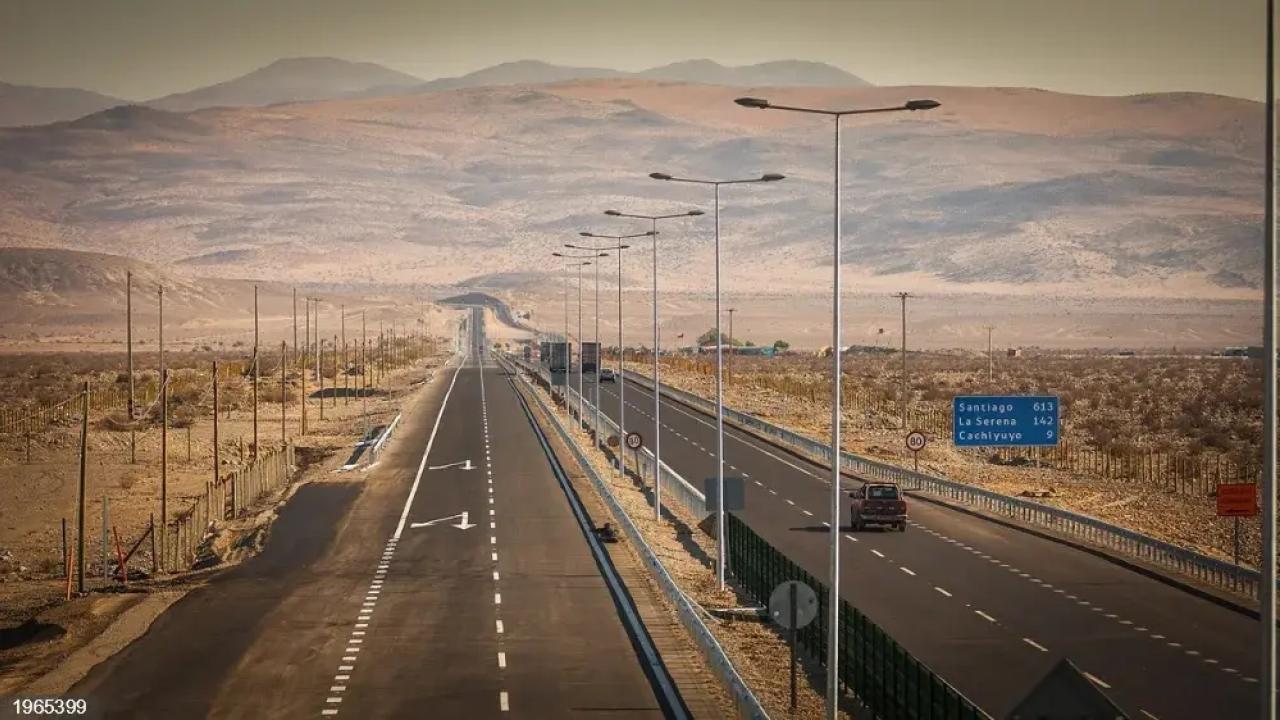
This route is one of the largest tenders ever carried out by the Chilean Ministry of Public Works.
Sacyr Concesiones has been selected to win the second concession for Route 68, the Santiago-Valparaíso-Viña del Mar Road Interconnection, which connects the Metropolitan and Valparaíso regions, located in central Chile.
Route 68 is one of the largest tenders ever carried out by the Chilean Ministry of Public Works, with an investment of US$1.6 billion, and will serve to solve important challenges in infrastructure and connectivity.
The opening of the economic bid, held on Tuesday, declared Sacyr the winner of this project, which seeks to improve the standard of this 141-kilometer route, and which will have 3.3 billion euros (US$ 3.523 billion) in revenues over the maximum concession period of 30 years.
The project involves the improvement, construction, maintenance and operation of both the existing route and new works to expand the capacity of Route 68.
In addition, free-flow toll gates will be installed along the entire route and new infrastructure will be built, such as interchanges, walkways, bridges and bus stops, which will contribute to road and pedestrian safety.
This project adds a new route to the Sacyr Concessions portfolio in Chile, which has nine assets in operation. To these we must add the recent award, pending formalization, of the Itata Route.
Sacyr has a presence in the Valparaíso and Metropolitan regions through the San Antonio-Santiago Highway concession, Route 78, a vital road for trade, tourism and the connection between the capital and the coast; and Ruta de la Fruta, an important highway for agricultural development in central Chile.
In 1996, Sacyr was awarded its first concession in Chile, for the construction and operation of the Los Vilos-La Serena highway, marking the beginning of its participation in the concession system. Since then, it has developed projects in its three key areas: Concessions, Engineering and Infrastructure, and Water.
Currently, the concessions for five airports and nine motorway routes, seven hospitals in different stages of execution and five treatment plants covering the complete water cycle stand out.










